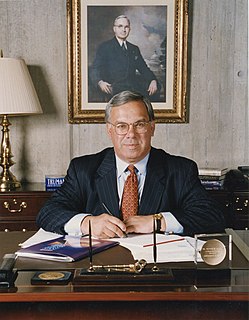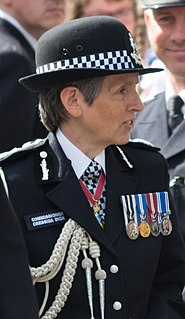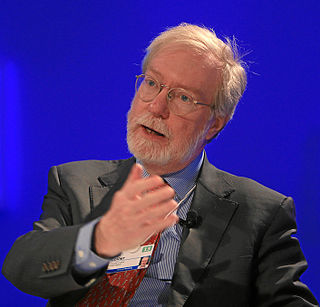A Quote by Dawn Foster
Good policymaking is evidence-based, and preventing crime and antisocial behaviour involves fixing the society we all live in, identifying risk factors and demographic characteristics that make some people more likely to become involved in certain crime, and then preventing those offences taking place as often as possible.
Related Quotes
It may be true that encryption makes certain investigations of crime more difficult. It can close down certain investigative techniques or make it harder to get access to certain kinds of electronic evidence. But it also prevents crime by making our computers, our infrastructure, our medical records, our financial records, more robust against criminals. It prevents crime.
The best crime stories are always about the crime and its consequences - you know, 'Crime And Punishment' is the classic. Where you have the crime, and its consequences are the story, but considering the crime and the consequences makes you think about the society in which the crime takes place, if you see what I mean.
Today the crime novelist has one advantage denied to writers of 'straight' or 'literary' novels. Unlike them he can range over all levels of society, for crime can easily breach the barriers that exist in our stratified society. Because of these barriers the modern literary novel, unlike its 19th-century predecessors, is often confined to the horizontal, dealing only with one class. But crime runs through society from top to bottom, and so the crime novelist can present a fuller picture of the way we live now.
Once I got interested in organized crime, and, specifically, Jewish organized crime, I got very interested in it. I have learned that, like my narrator Hannah, I'm a crime writer in my own peculiar way. Crime with a capital "C" is the subject that I'm stuck with - even Sway is about "crime" in a certain way. The nice thing about crime is that it enables you to deal with some big questioO
As the data from the past decade clarify, there is no evidence that poverty causes crime but a great deal of evidence that crime causes poverty. By aligning themselves against the police, against commonsense tactics like stop and frisk, against metal detectors in public housing, against swift and certain punishment, and for a broad array of legal protections for accused criminals, liberals helped to aggrieve the lives of the poor and society as a whole.
































